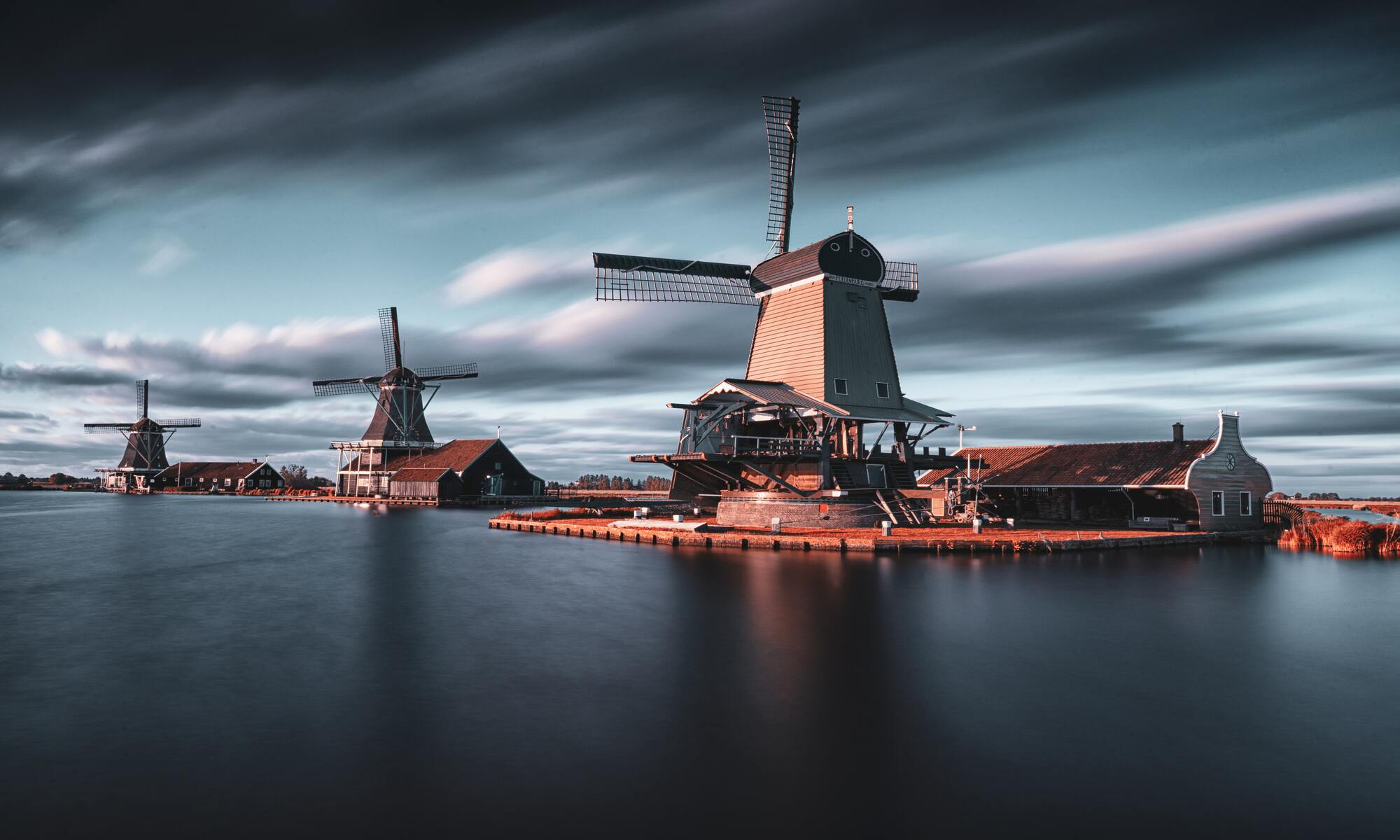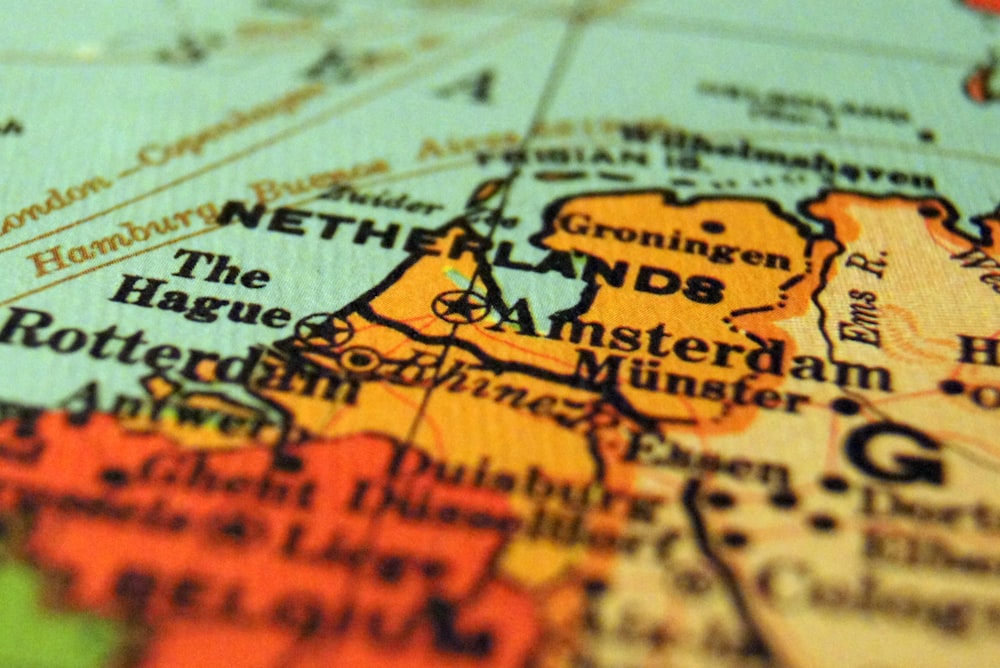
A lot of agro products like tomatoes, carrots, cucumbers, tulips, and flowers sold around the world are exported from the Netherlands. The Netherlands (Holland) is a member of the European Union. This means that a Dutch can move freely in any country that is a member of the EU.
Overall, the Netherlands is one of the best places to call home even as an expat. The criteria for Dutch citizenship is based on the Nationality Act of 1984. It is based on the principle of jus sanguinis (right of blood).
Does the Netherlands allow dual citizenship?
Yes, it is allowed in the Netherlands but on a limited basis. Around October 2019, The Dutch prime minister granted dual citizenship rights to over 100,000 Dutch nationals living in the UK. Nationally, Dual citizenship is not allowed in the Netherlands except if you meet the following requirements:
- A Dutch child born overseas and acquires citizenship of a foreign country of birth. When the beneficiary is above 18 years, he/she must choose which nationality he/she wishes to keep.
- If you are officially recognized as a refugee.
- Anybody who involuntarily obtains a second nationality may also be allowed to possess Dutch citizenship.
- If you are married to a Dutch citizen for at least three years.
- When you are the spouse or partner of the applicant, you assume your partner’s nationality.
- The ability to live within the European Union.
- If you were born outside the Netherlands, live there and become a legal citizen there.
- If you have lived in Holland for 10 years with a valid residence permit,
- If you lived in the country of your second nationality for 5 years before your 18th birthday
- If your country of origin is not recognized by the Netherlands government or laws.
In most cases, you would lose your Dutch nationality once you obtain a second nationality unless you meet any of these exceptions. If you meet any of them, you can keep both nationalities.
The Netherlands government wants to avoid dual nationalities as much as possible. So, once you obtain dual nationality for the Netherlands and another country, your Dutch nationality is automatically terminated.
You can also lose your Dutch nationality if you don’t renew your Dutch passport, ID card or certificate of Dutch nationality on time after expiration. You can lose your Dutch nationality even if you have been Dutch from birth, or by naturalization. It is, however, possible to possess dual citizenship without losing Dutch nationality if you meet any of the following exceptions listed above.
Benefits of having dual citizenship in Holland
In Holland, you are sure to get healthy meals that were harvested directly from farms and fields. Agriculture makes up more than 60% of the Netherland economy. So you rest assured of having a healthy diet. That aside, so of the benefits of holding dual citizenship rights in Holland include:
- Permanent residence in Holland;
- You acquire full citizenship rights;
- You can easily claim public funds;
- Finding a job in the Netherlands becomes easier;
- Housing benefits and healthcare allowances provided by the Netherlands government;
- Income support for the elderly and citizens who have reached pension age;
- Social assistance and much more.
Only people who are recognized citizens of the Netherlands may enjoy some of these benefits. You see, Holland offers some of the best supports to citizens.
Qualifications For Dual Nationality In The Netherlands
Dual nationality application is a very straightforward procedure but also comes with several requirements. The general requirements for acquiring dual nationality in Holland include:
- At least 18 years of age;
- 100% certain of his/her identity;
- Has lived in Holland continuously for at least 5 years;
- Declare acceptance of the laws of the Netherlands;
- Has no criminal record;
- Possess a residence permit;
- Passed the integration and language requirements (level A2);
- Attends a naturalization ceremony;
- Takes a declaration of solidarity.
How To Apply For Dutch Dual Citizenship
All applications for dual nationality in Holland are made via your local municipality (Gemeente). The municipality will review your application, check your details and request with a recommendation and investigation from the mayor to the IND.
Immigratie en Naturalisatiedienst [IND] is a government agency in the Dutch Ministry of Security and Justice that deals with the admission of foreigners in the Netherlands.
This could take up to twelve (12) months. In 2016, the application fee for dual nationality in Holland was €840. Today, it cost €901 for a single person and 1,150 euros for married couples. Once your application process is complete, you will receive the results via mail.
If you have a child/children under 16, they automatically become Dutch citizens once your application is accepted, if they have lived in Holland for at least 3 years and possess a valid residence permit. Once a child reaches 18 years of age, they must request a separate application.
Documents Required To Obtain Dual Nationality In Holland
Once you qualify to apply for Netherlands dual citizenship and you are eligible to possess a second nationality for the Netherlands and the country of your birth, you must attach the following documents to your application.
Here are some of the require documents dual nationality in Holland:
- Passport;
- Birth certificate and those of your spouse and children (if applicable);
- Marriage certificate (if applicable);
- Residence permit;
- Civic integration certificate or any other diploma [if applicable].
You can become a citizen of the Netherlands if you meet the above-mentioned criteria and follow through with the process described above.

